IN early 2021 Gold Coast professional triathlete Travis Coleman was in peak physical form.
His body was regularly pushed to the limit with 40km bike rides, 10km runs and 1500m swims.
He was unstoppable – until a quick dip in a hot plunge pool almost ended it all.
It was a warm February day when a then-25-year-old Coleman was trying to recover from a training session.
His head above the surface, the triathlete’s body was submerged in a cold water pool at his local sports facility in a bid to reduce muscle inflammation.
He was doing breathing techniques to distract himself from the freezing cold.
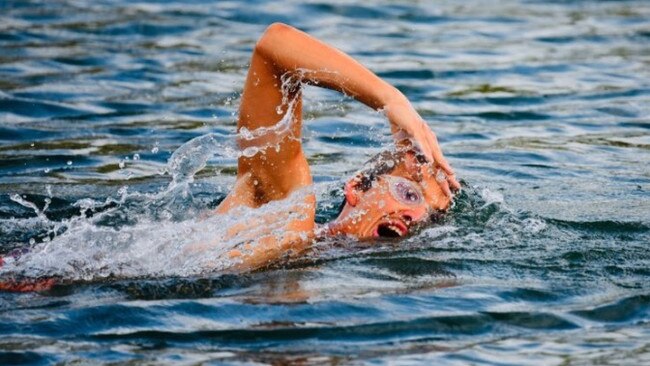
After a few minutes, Coleman decided to alternate from the cold pool to a hot pool – a common therapy used in athlete recovery.
But the moment his body descended into the warm water, Coleman blacked out.
“I don’t remember anything after that, but I was told I was underwater for about two minutes,” he said.
Another man using the pool dragged him out of the water and started performing CPR.
The next thing Coleman remembered was best described as an out-of-body experience.
He felt himself sitting on the edge of the pool, overhearing a conversation between his rescuer and paramedics.
“I turned over my left shoulder to look at what was going on and as I did that, they rolled me onto the side of the stretcher and I came back into my body,” Coleman said.
The Kirra resident believed the breathing techniques he was doing just before he passed out contributed to his shallow water blackout.
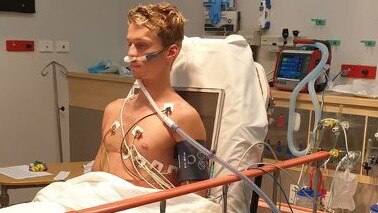
While Coleman fully recovered from the horrific ordeal, others have not been so lucky.
On Monday, a 29-year-old Caribbean national died after he was pulled unconscious from a Surfers Paradise backpackers resort pool.
Tourists at the resort said the man was “playing in the water and trying to hold his breath” when he suffered the shallow water blackout about 10.45am.
In July 2020, Olympic snowboarder Alex “Chumpy” Pullin drowned on the Gold Coast after he suffered a shallow water blackout while spearfishing.
Hypoxic blackouts were involved in 22 drowning deaths in Australia between July 2002 and June 2015, the Medical Journal of Australia reported.
All involved males and 17 were aged 18 to 34 years.
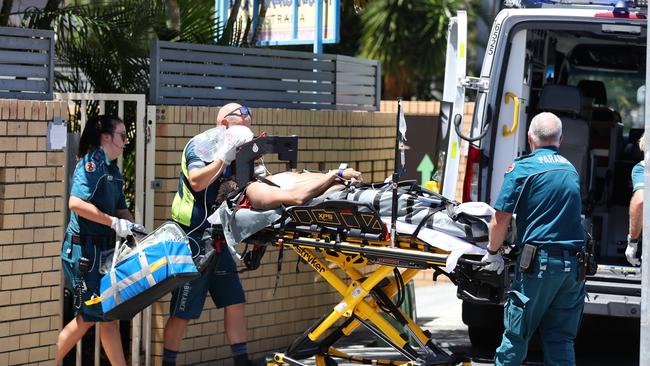
Bond University associate professor of biomedical sciences Dr Christian Moro said hypoxic blackout, or shallow water blackout, referred to a loss of consciousness underwater due to the brain being starved of oxygen.
“It is basically just an underwater faint,” Dr Moro said.
“If you hold your breath for too long, your brain will be starved of oxygen and you will blackout.”
He said there were many reasons people held their breath underwater for extended periods.
“The only thing that ruins the fun of being underwater – particularly if you are a free diver
– is having to come up to the surface,” Dr Moro said.
“There are world records for breath holding underwater.
“There are definitely benefits for training, goals to achieve and personal bests – it can be a competitive sport.”
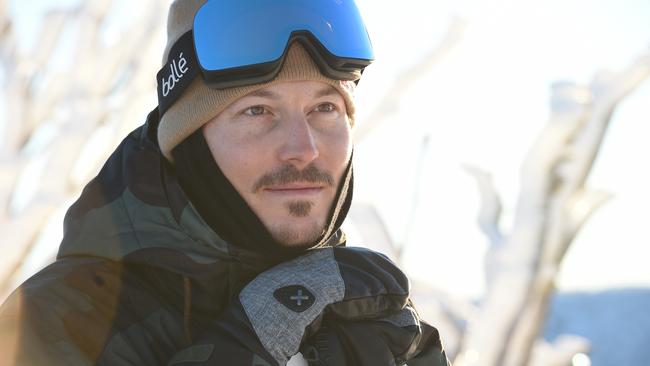
He urged people to never take any substances to suppress their breathing or attempt underwater breath holding on their own.
“Things like the world records, when they are done, they have a very close safety team (to manage it),” Dr Moro said.
“It is not something we should aspire to do by ourselves.”
Co-founder of child education initiative Live Learn Survive, Leigh Mason, said disturbing breath holding challenges on social media platforms were also a cause for concern.
Ms Mason was aware of a TikTok challenge which encouraged users to challenge others in holding their breath underwater.
“This is not cool – this needs to be called out and taken down,” she said.
“Just because it is a trend does not mean you should follow it. Go to the experts for advice.”
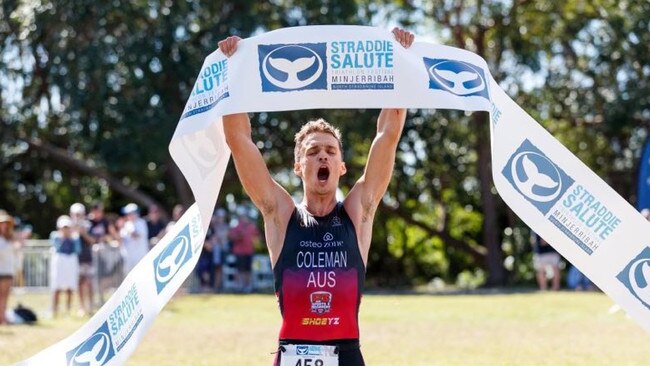
Two years on from his terrifying near-death experience, Travis Coleman urged others not to make the same mistake he did.
“If you are going to do any breath control work, always do it with someone else there, don’t do it by yourself,” he said.
“My experience definitely put life into perspective in that I’m someone who pushes myself to the limit quite often.
“To then know that I’m not actually in control of my life and it can easily be flipped upside down, it put a lot of emphasis on enjoying the now, because at any moment it can all change.”

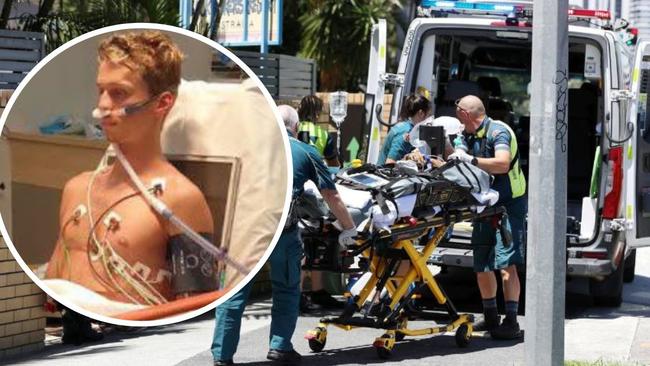
Sharks unveil huge new stadium, $500m mega development
Southport Sharks has unveiled plans for a near-21,000-seat stadium and three residential towers in a massive redevelopment that could reshape the Gold Coast's sporting landscape.
Revealed: All Coast’s options for solving gridlock nightmare
The Gold Coast's population will surge by 350,000 in two decades, but the city's transport blueprint remains in limbo after light rail's dramatic cancellation. FIND OUT MORE